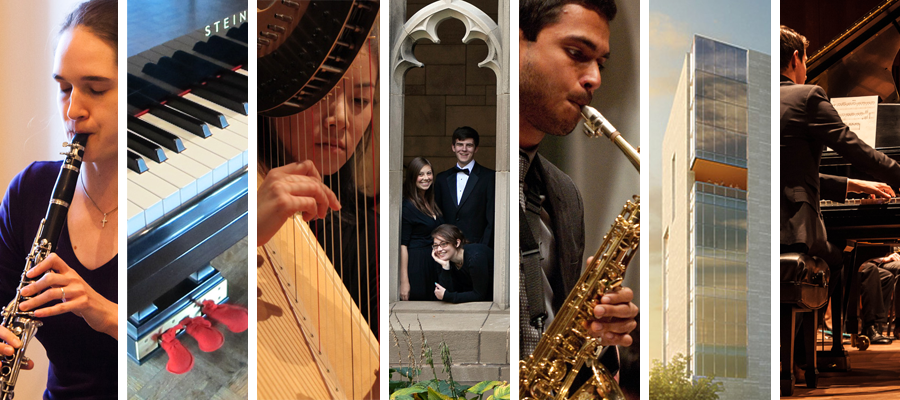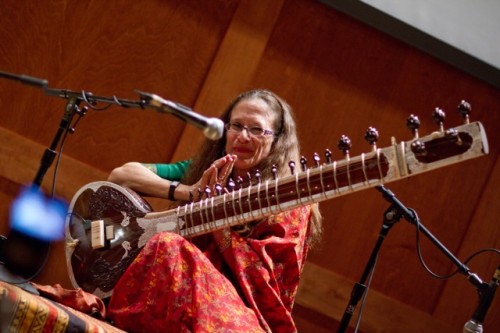Interview with Kaley Mason, Assistant Professor of Music
Monday, February 11th begins a FREE weeklong series of events in multiple locations across campus when The South Asian Sound Interventions Series presents “Performing the Bengal Borderlands: Music, Movement, and Encounter.” What is the back-story behind this exciting, five-day event?
“Performing the Bengal Borderlands,” a SASI weeklong series of workshops, performances, academic papers, screenings, and roundtables beginning on February 11, grew out of an earlier program organized around the short-term residencies of Bangladeshi Boyati bardic singer Momtaz Begum and bamboo flautist Jalal Ahmed. Due to visa delays, we rescheduled and revised the program with an equally distinguished set of invitations, including Dallas-based sitarist, ethnomusicologist, and documentary filmmaker Amie Maciszewski, Kolkata-based sarodist and instrument curator Somjit Dasgupta, Illinois-based tabla artist Manpreet Bedi and Dhaka-based playwright, folklorist, and scholar Saymon Zakaria. With the support of faculty in the Department of South Asian Languages and Civilizations and our sponsors, including the Franke Institute for the Humanities, the University of Chicago Arts Council, and the Committee on Southern Asian Studies, we have planned a compelling week of events highlighting musical traditions, instruments, and scholarship from the Northeastern region of India and neighboring Bangladesh. The focus on this particular international region complements the current research interests of faculty and ethnomusicology graduate students, including the work of Bertie Kibreah, Rehanna Kheshgi, Philip Bohlman, and Thibaut d’Hubert, among others. It also coincides with the opening of the SMART Museum exhibit, The Sahmat Collective: Art and Activism in India since 1989, on February 14.
(SASI website)

